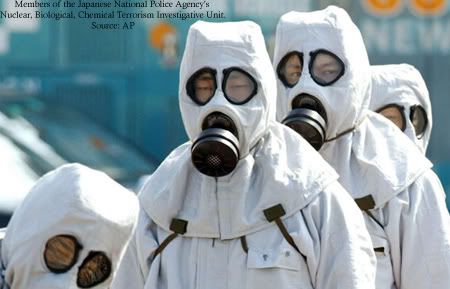Aug 11, 2012
Water and Bombs again
Posted by Gary Michael Church in categories: asteroid/comet impacts, business, counterterrorism, defense, education, engineering, ethics, events, existential risks, futurism, geopolitics, habitats, human trajectories, lifeboat, media & arts, military, nuclear weapons, physics, policy, space, sustainability, transparency
This essay was posted previously last year and removed and has appeared in abridged form in the European Space Safety online Magazine and can also be found on Yahoo voices.
Several dates are cited as marking the beginning of the space age. Sputnik, October 4th, 1957, Yuri’s day April 12th, 1961, and the first successful V-2 launch by the Nazis on October 3rd, 1942, to name a few. Some prefer December 21st, 1968, when human beings first escaped the Earth’s gravitational field on Apollo 8. When studying the events that allowed man to leave Earth, future historians may agree on a date not generally associated with space flight. July 16th, 1945 was Trinity, the first nuclear weapon test. Stanislaw Ulam, a 36-year-old Polish mathematician who helped build “the gadget”, visited ground zero after the test. Ulam later conceived the idea of propelling a spaceship with atomic bombs. Near the end of his life the eccentric genius stated the idea was his greatest work.
When considering nuclear propulsion, it must be understood that space is not an ocean, though often characterized as one. The distances and conditions are not comparable. While chemical energy has allowed humankind to travel across and above the surface of Earth, the energy required to travel in space is of a different order. Water, in the form of steam, was the agent of change that brought about the industrial revolution. Fossil fuel, burned and transformed by steam into mechanical work, would radically change the world in the span of a century. What is difficult for moderns to understand is not only how limited human capabilities were before steam, but how limited they are in the present in terms of space travel. The psychological limits of human beings limit space journeys to a few years. Chemical propulsion is not capable of taking human beings to the outer solar system and back within those crew limits. The solution is a reaction one million times more powerful. Nuclear energy is to the space age as steam was to the industrial age.








